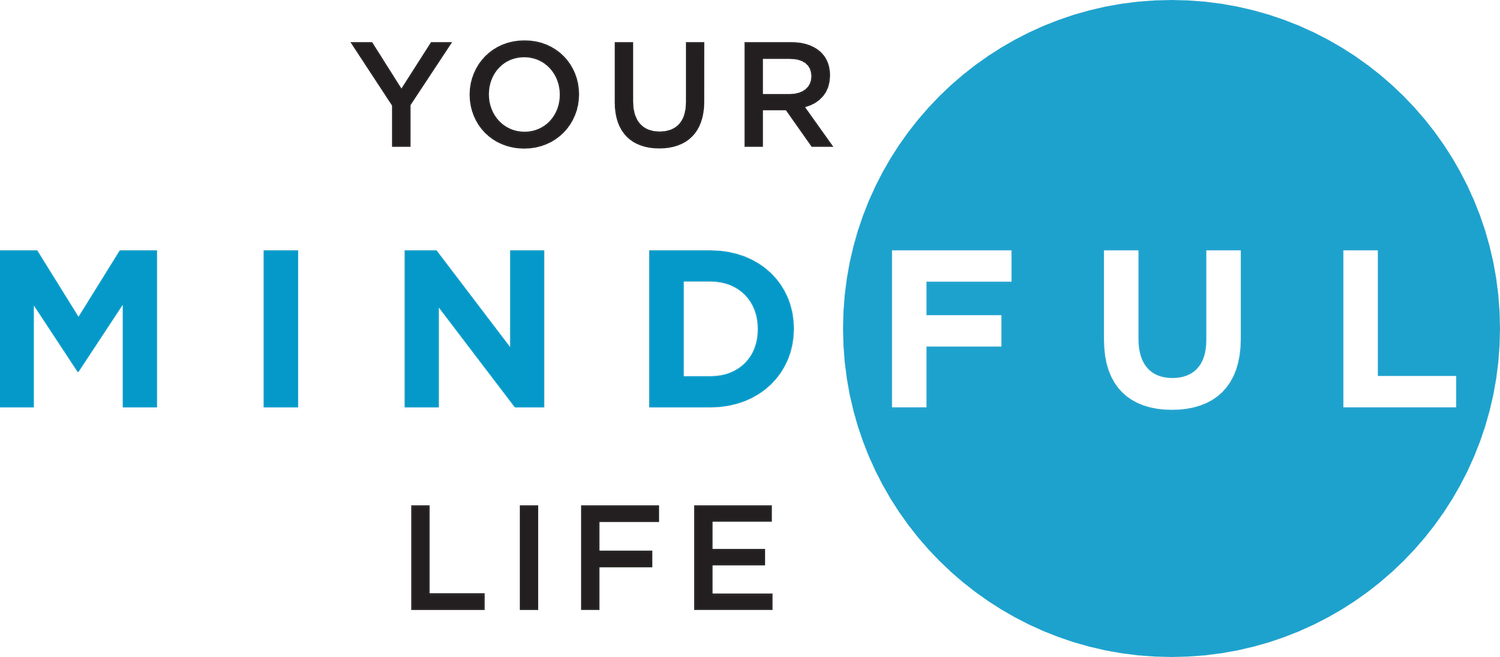Generosity Is So Much More Than We Think
Today we’re exploring generosity and how it is so much more than we think it is, how it can free us and reshape the world in which we live.
I hope you are enjoying the show and that you will continue to welcome it into your lives. Please follow or subscribe to the podcast, download the episodes and share them with friends and on social media. And, don’t forget to review the podcast on Apple podcasts or Spotify or wherever you listen.
When you review the show, you are letting others know that the show is worthwhile and of value. The algorithms recognize your preferences and then make the show more visible to others who might also enjoy it. Your support is so important and I thank you with all my heart.
Our social conditioning makes us immediately think about generosity as giving away stuff—things like money, belongings we no longer use, or food. But it is more than that. Generosity is relinquishing—letting go—not just of material things but also attitudes, ideas, beliefs, and viewpoints that don’t serve ourselves and others.
Letting go is what frees us from the constant, nagging sense of dissatisfaction that we carry around with us—manifesting in the mind as worry and feelings of unworthiness, and in the body as stress, tension, and illness.
We explore how generosity is at the heart of discovering and letting go of ideas, attitudes, and viewpoints that are invisible to us because we are so accustomed to them. These attitudes and viewpoints permeate our society and create what Isabel Wilkerson calls the invisible scaffolding that keeps in place who is valued and who is not; who receives privilege, recognition, and access to the beneficial.
Do we value all equally? Do we see everyone as worthy? We do not. Cultivating generosity leads us to actively relinquishing our privilege, our bias, and our hurtful attitudes towards ourselves and others. Do we see the racism, ageism, sexism, and institutionalization of violence that permeates the structure of our society?
Once we are aware, what then? Awareness is necessary but not enough to create change. What actions will we take to relinquish these invisible ideas, attitudes, and privileges that keep the scaffolding in place? What will we do to relieve our own and others’ suffering?
This week, take some time to contemplate how the invisible scaffolding of who is valued and who is not plays out in your life. And, then see in what ways you can increase your generosity and reduce suffering by purposely changing your ideas, attitudes, and viewpoints through action.
Thank you for listening. I so appreciate you and also appreciate the people behind the scenes who make this podcast possible.
Gorgias Romero for original music, audio engineering and production;
Bill Rafferty for technical web support;
Allie Allen for logo and podcast cover design; and
Margaret Haas for announcing the show
Be well. Be mindful.
REOURCES/CREDITS
Isabel Wilkerson, Caste: The origins Of Our Discontents, Random House, New York, 2020
DISCLAIMER
The content in the podcast and on this webpage is for educational purposes only. It is not intended to constitute or be a substitute for professional medical or health advice, diagnosis, or treatment. Always seek the advice and guidance of your health professional.
